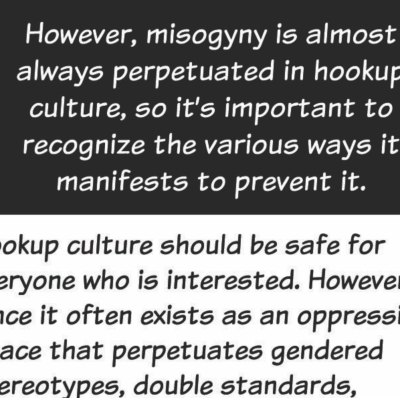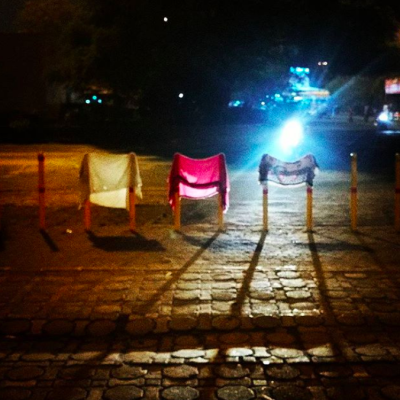risk and sexuality
Shilpa Phadke reminds us that we have the right to choose to take risks and the responsibility to respect difference so that we can re-imagine public spaces, feel a sense of belongingness in them, and have them belong to everyone.
While navigating hook-up culture, we may exercise our agency to express our sexuality but at the same time, may face risks to our safety and bodily integrity as well as obstacles engendered by misogyny, rape culture, heteronormativity, and double standards.
These two films were refreshing because they didn’t have the fairytale endings of girl-meets-boy, they fall in love, overcome difficult challenges and live happily ever after. Instead, they were set in everyday reality where life takes over and choices have to be made.
I gave myself the freedom to choose. And I chose to re-examine my assumptions. Maybe it was possible to ask strange men for directions without being afraid of seeming vulnerable. Maybe I could plan my outfit without bothering about the fact that I would be travelling on public transport.
On the other hand, in Abhay’s newly discovered wonderland, everything seemed to be awfully right. Soon, he began receiving proposals for sex-dates. Initially such proposals shocked him; for it took him a few months to get used to the fact that sex with men was only a click away.
So, what are the risks in a marriage? Well, the first and the most obvious one is that you don’t know if the partner you’ve chosen or has been chosen for you will make you happy. In the Indian context, even if they do make you happy, the family might not be too thrilled about the match.
Ethical considerations and frameworks for traditional (for the lack of a better term) have had decades of debates, discussions, and revisions to have Boards of Review with similar ethics regulations (although they are still being critiqued).
Reasons why SRHR is not prioritised—but should be—in climate change policies, strategies, financing, and programmes are because women’s contribution and roles as agents of change are often disregarded due to gender inequality.
The scope for unsafe sex, as discussed earlier, extends to STIs and STDs and therefore, the feeling of ‘un-safety’ during sexual intercourse must expand itself to actively include infections as an equally important factor for using contraceptives, as are unwanted pregnancies.
I had risked so much already, not just by loving another woman, but by acting on my desires. By allowing myself to feel intimacy and connection with another queer person. Despite feeling guilt and shame, this risk had become increasingly vital to take.
While highlighting safety from, media narratives often dismiss safety to: express oneself, be it through the way we identify and communicate, or through the body. Not only the spaces we access and the time of day we do so but also the way we perform our self-hood.
Risk by itself is not a stigmatised subject, but sexuality is, and has been for generations. This has led to closeting, to shutting the door, on many necessary conversations about the risks to rights that millions of vulnerable individuals and many vulnerable communities live with, across the globe.
In our mid-month issue, we add context to our perceptions of and dealings with risk in our day-to-day lives. Collating and interpreting responses we received on a survey taken by small group of random individuals, Shikha Aleya looks at the transactions around risk foregrounded on the interplay of our location on the axes of gender and sexual identity, disability status, belief systems, and availability of support, amongst others.
I gave myself the freedom to choose. And I chose to re-examine my assumptions. Maybe it was possible to ask strange men for directions without being afraid of seeming vulnerable. Maybe I could plan my outfit without bothering about the fact that I would be travelling on public transport.













